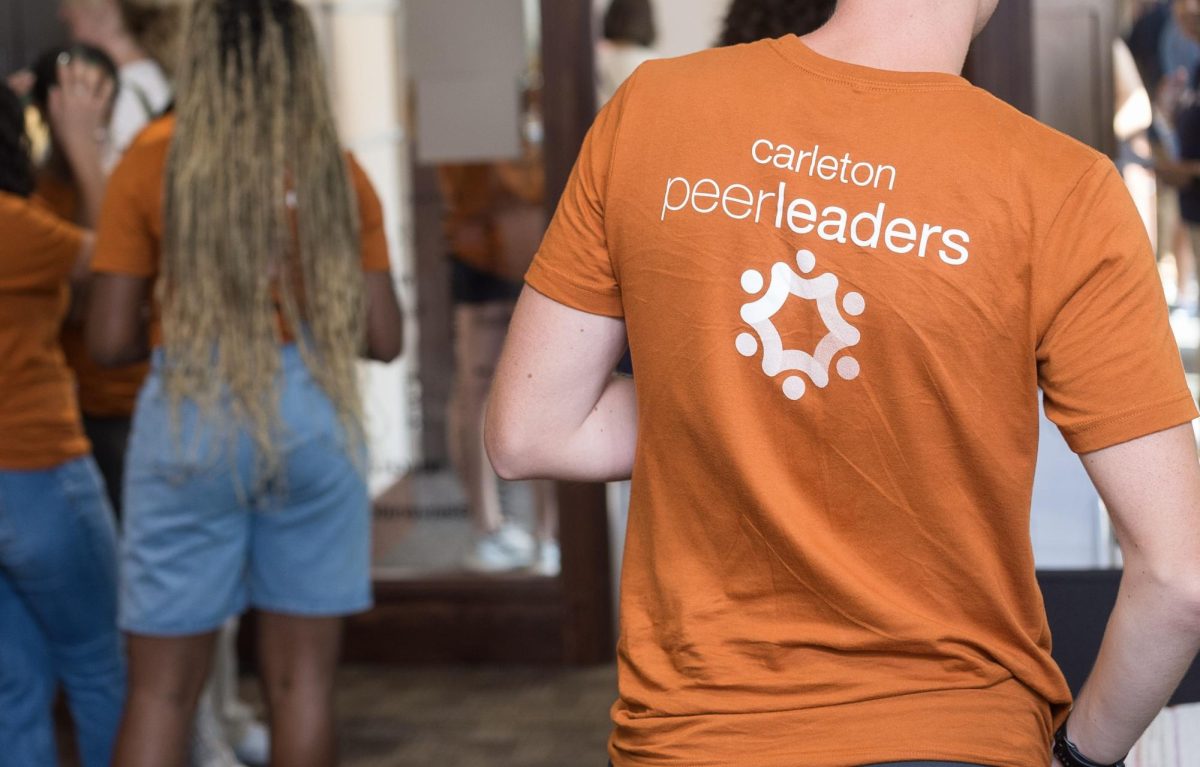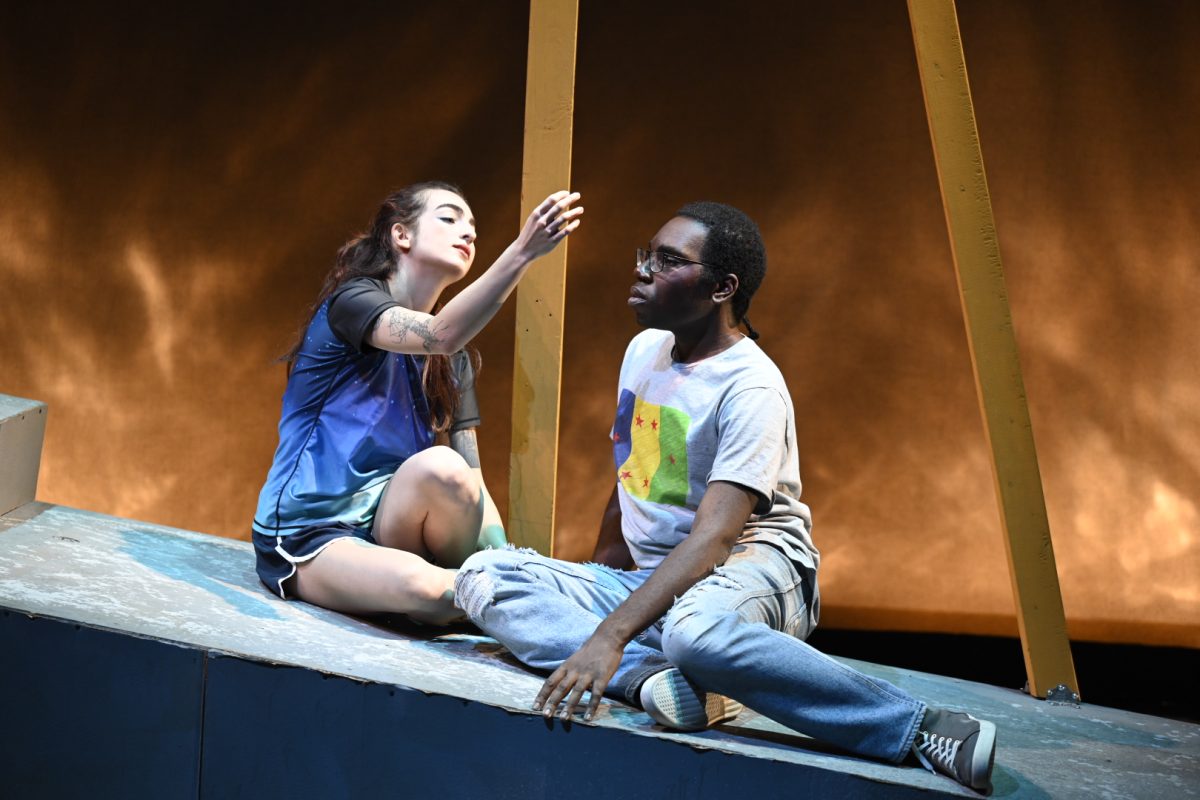Professor of History Serena Zabin’s newest book was recently ranked 79th on the Amazon Editors’ “Best Books of 2020” list. The Boston Massacre: A Family History tells the story of the Boston Massacre as never before. Zabin said, “we tend to tell the story especially of the Boston Massacre and even more generally the American Revolution, as really essentially a story of guys with guns.” She argues instead that “it’s actually in many ways a much quieter story.”
In her book published in February of last year, Zabin brings her readers into the world of interpersonal dramas which preceded and followed the Boston Massacre. The Boston Massacre is remembered as one of the causes of the American Revolution in 1770, when British soldiers fired upon Bostonians protesting British rule, killing five American colonists. The first to fall, notably, was Crispus Attucks, a Massachusetts man of African and Native American descent.
Zabin became interested in further investigating the Boston Massacre when the previous director of Special Collections in the Gould Library found an original copy of a pamphlet of depositions published two and a half weeks after the shooting. “The very first deposition in there actually is a Bostonian reporting that a soldier’s wife was in his house and said ‘if any Bostonian should be hurt I would put stones in my handkerchief and beat their brains out.’ And for a long time I was sort of taken exactly by the violence of that, as was everyone who read it.” Zabin hadn’t known that soldiers had wives in the 18th century, especially in Boston. Zabin said, “once I asked that question, all kinds of other things opened up for me.”
After that initial moment of inspiration, she continued to find records of the personal intrigues and family stories that historians previously ignored. “I looked in some church records and I found I think two or maybe even three marriages between soldiers and local women just sort of sitting right there in the church records, and that’s when I thought, ‘oh, there’s really a story here and it’s just lying here in plain sight’.”
Zabin said the book is subtitled A Family History because “when we talk about ungrateful children, and a mother country, and colonies growing up and growing away, that’s a metaphor for family but really, in fact, the relationships between soldiers and civilians that develop in those months before the Boston Massacre and in the months afterwards create real families.” She wanted to emphasize that events like the Boston Massacre and others leading up to the American Revolution divided not just nations, but also families. “We think of the American Revolution as a political event but it’s really much more like a bad divorce,” she added.
Zabin is happy that her book, a ten-year effort, has had such success. She said that it brings her “great joy to think that something that came out of my head is now moving into other people’s worlds in ways that give them pleasure as well as instruction.”
Zabin’s research is particularly pertinent given recent events. The Carletonian’s interview with Zabin occurred a day after supporters of President Trump stormed the Capitol building, an event which seem unprecedented to most, but not for Zabin. She said, “the moments of violence and upheaval are unsurprising and indeed are part of stories that we smooth out and turn into bedtime stories for ourselves, that actually have embedded in them a lot of violence.”
Zabin understands the historical origins of these events through her research. “The 21st century world we live in was created by an 18th century world of white supremacy and misogyny and other ideas about hierarchy, not all of which are we imprisoned by, but all which shape us.”
The American tradition of over-policing, traceable from the colonial period, is also shaping current events. Zabin said, “one of the things that is really clear to me is that when we use the military as a police force, we create disaster. People have known this for centuries.”
After a decade working on A Family History, Zabin is ready to shift her academic focus. “I’ve really gotten kind of interested in the question of how women of all races were talking about the coming of independence,” she said. Not much has been written about women of the Revolution, and Zabin wants to contribute to the historiography of the American Revolution by researching how women were involved, perhaps in her next book. “The only thing we really know is Abigail Adams saying ‘I long to hear that you have declared an independency’, I just don’t believe that Abigail Adams was the only person who was in 1775 wondering what was going to be the relationship between the colonies and the empire.”














